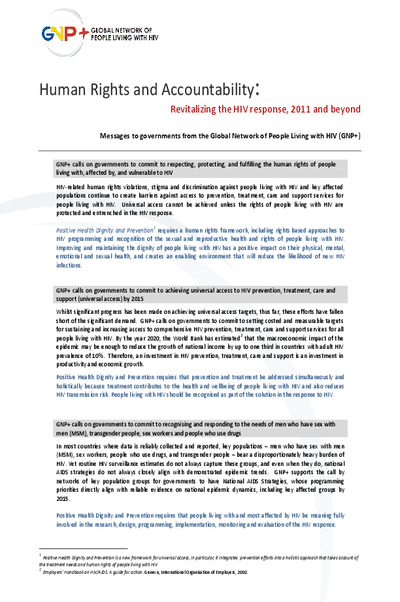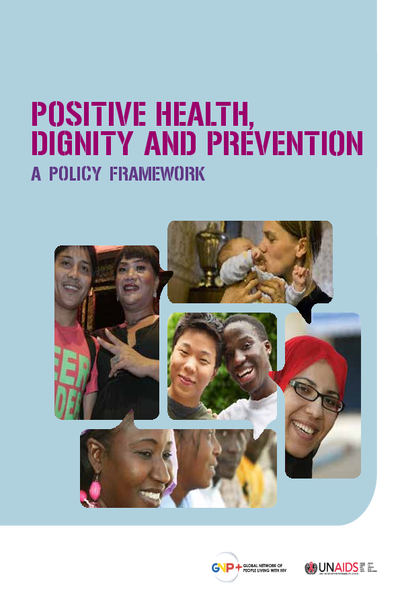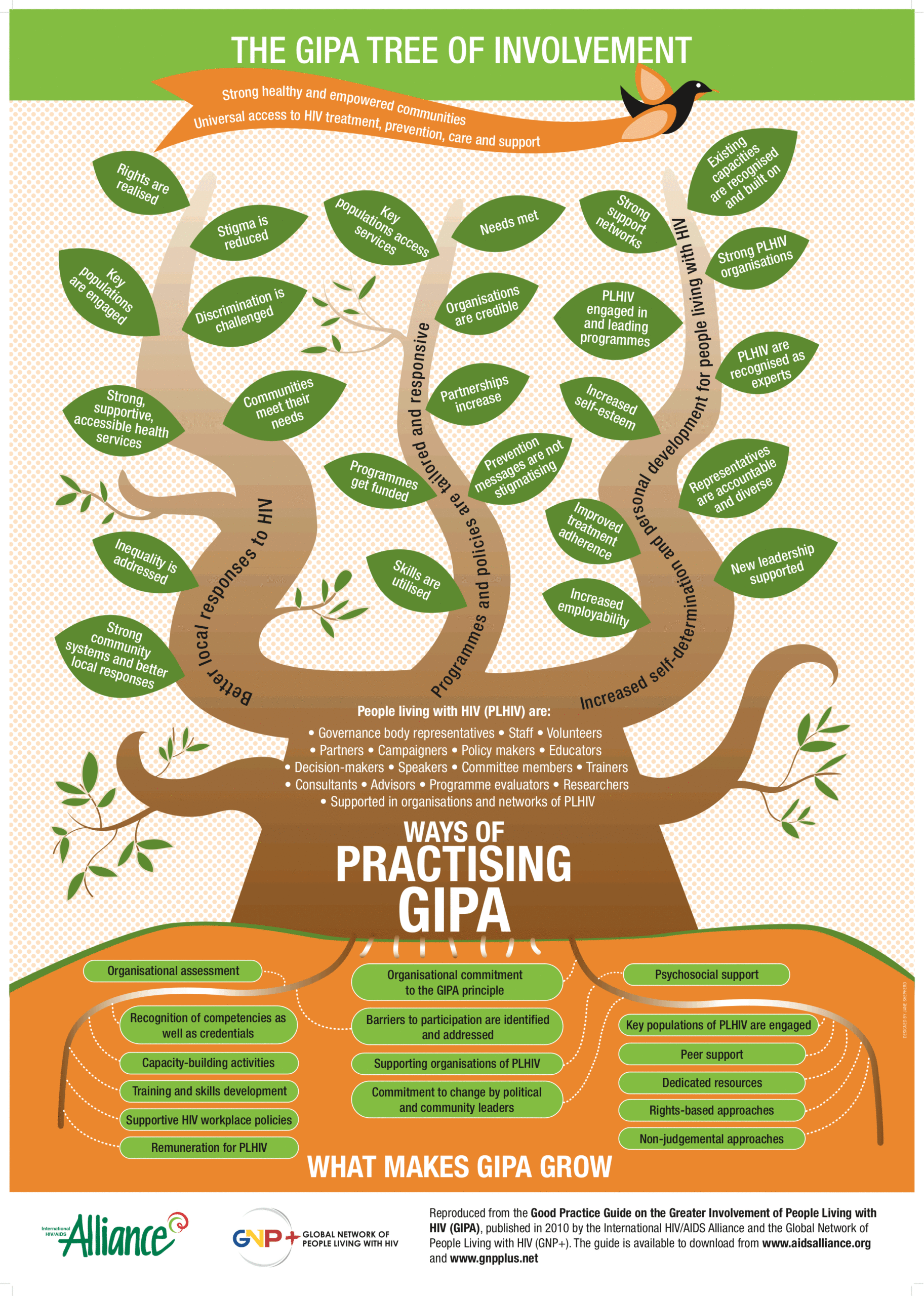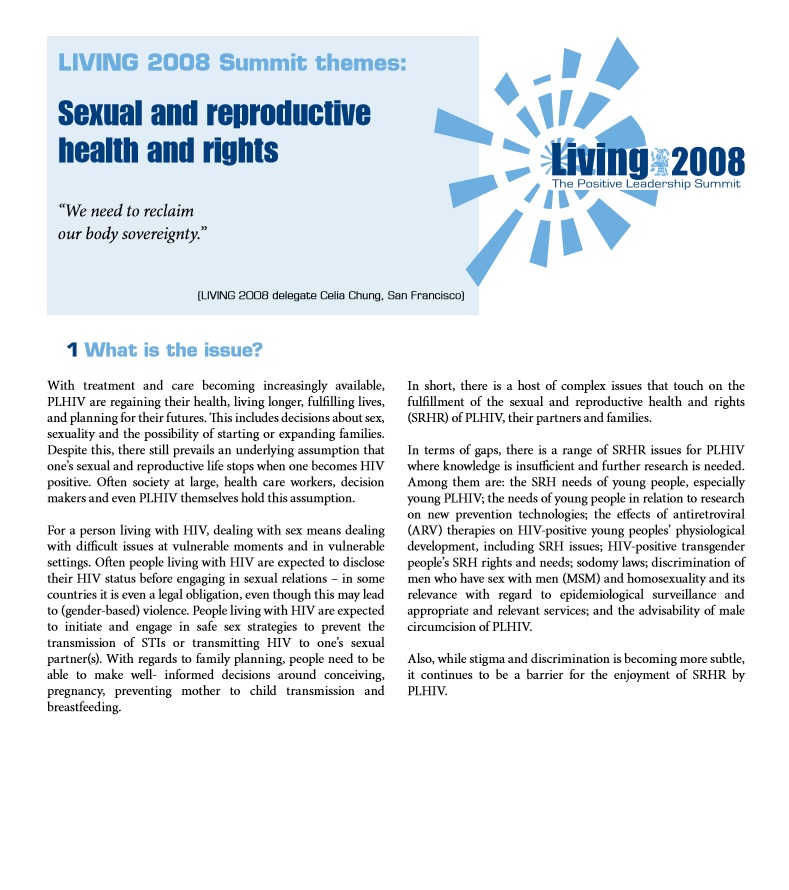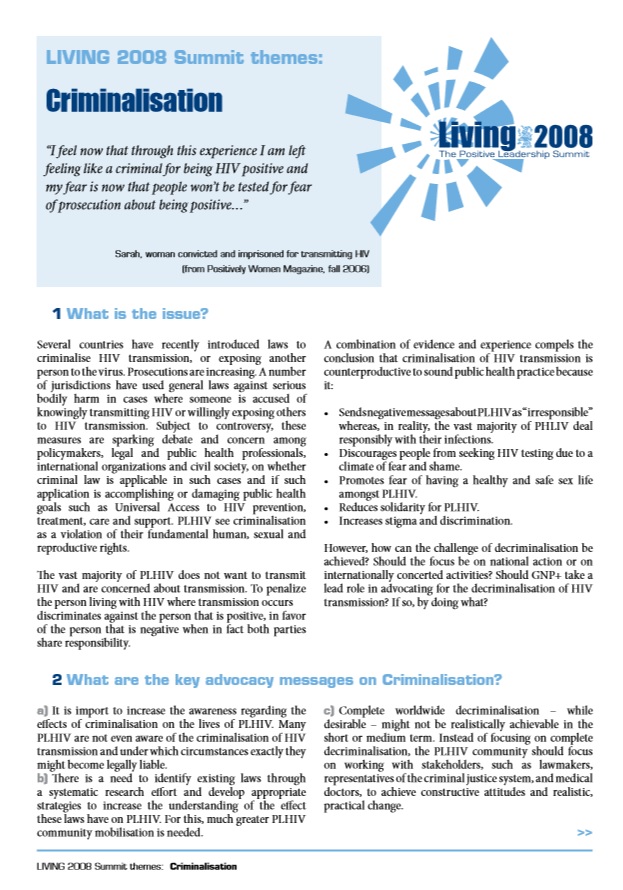Ahead of UNGASS 2011 GNP+ sent a message to the governments of the members states attending the UN meeting. In our message we demanded the following:
- GNP+ calls on governments to commit to respecting, protecting, and fulfilling the human rights of people living with, affected by, and vulnerable to HIV
- GNP+ calls on governments to commit to achieving universal access to HIV prevention, treatment, care and support (universal access) by 2015
- GNP+ calls on governments to commit to recognising and responding to the needs of men who have sex with men (MSM), transgender people, sex workers and people who use drugs
- GNP+ calls on governments to commit to the greater and more meaningful involvement of people living with HIV in national regional and global levels of the HIV response
- GNP+ calls on governments to commit to introducing and promoting laws that protect the rights of people living with, affected by and vulnerable to HIV. Governments should review their laws, practices and policies and amend any that cause barriers to accessing HIV prevention, treatment, care and support services
- GNP+ calls on governments to commit to recognising and responding to the needs of women and girls, particularly women and girls living with and most affected by HIV
- GNP+ calls on governments to commit to country level HIV responses that are transparent and accountable to those most affected by HIV




